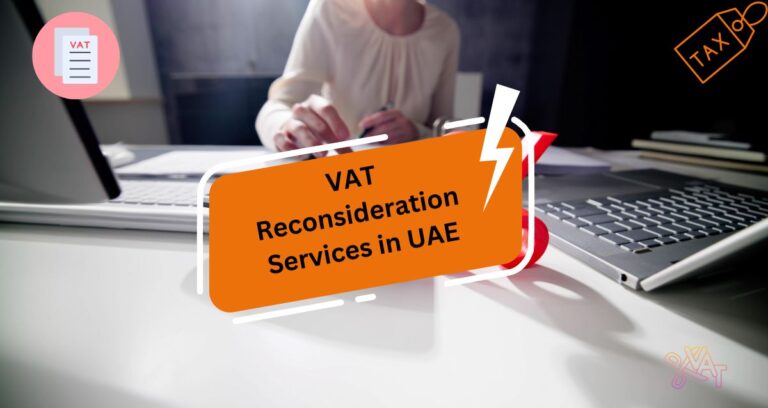How Flashcards Can Improve Your Study Techniques and Boost Retention
In the pursuit of academic success, finding effective study methods is crucial. Flashcards, a time-tested learning tool, have proven to be one of the most efficient ways to enhance study skills. From elementary students learning vocabulary to medical students mastering complex concepts, flashcards offer a structured and engaging way to retain information.
The Benefits of Using Flashcards for Studying
1. Active Recall for Better Memory
One of the key reasons flashcards work so well is due to their ability to promote active recall. Instead of passively reading notes, flashcards encourage you to actively retrieve information from memory. This retrieval process strengthens your ability to remember and retain knowledge over time.
2. Simple and Flexible Study Tool
Flashcards are incredibly simple to use, yet versatile enough to be applied to any subject. Whether you’re learning new vocabulary, studying historical dates, or understanding scientific concepts, flashcards can be customized to fit your learning needs.
3. Effective Use of Spaced Repetition
Flashcards are an ideal tool for spaced repetition, a study method that involves reviewing material at increasing intervals. This technique ensures that the information remains fresh in your mind without overwhelming your memory with too much at once.
How to Maximize the Use of Flashcards
1. Keep Flashcards Simple
For flashcards to be effective, it’s important to keep each card focused on one key idea. Avoid packing too much information into a single card. Instead, break down complex concepts into smaller, manageable parts to ensure clarity and better retention.
2. Use Both Sides of the Card
When creating flashcards, place the question, term, or concept on one side and the answer on the other. This format encourages active recall as you quiz yourself, helping to cement the information in your memory.
3. Shuffle and Randomize Your Cards
To avoid simply memorizing the order of the cards, shuffle them frequently. Randomizing the sequence of questions challenges your brain to recall information out of context, improving your ability to retrieve knowledge.
4. Use Digital Flashcards
Digital platforms like Anki offer features that make flashcard use even more effective. By using spaced repetition algorithms, these platforms automatically schedule your reviews at optimal intervals based on how well you’ve remembered the material. For students in more intensive fields, such as medicine, pre-made decks like flashcards for medical school are available, providing a foundation for mastering complex subjects.
How Flashcards Can Boost Long-Term Retention
Active Engagement Enhances Learning
When studying with flashcards, you are actively engaging with the material rather than passively reviewing it. This engagement requires focus and concentration, helping to boost long-term memory retention. Every time you flip a card and recall the information, you’re reinforcing the neural pathways that allow you to retain that knowledge.
Breaking Down Complex Concepts
One of the major advantages of flashcards is that they break down difficult subjects into manageable parts. Whether you’re learning intricate systems in biology or tackling challenging mathematical formulas, flashcards allow you to isolate each concept, making it easier to understand and remember.
How to Incorporate Flashcards into Your Study Routine
1. Review Regularly
To get the most out of flashcards, make them a regular part of your study routine. Short, frequent review sessions are more effective than long, infrequent cramming. Using flashcards for just 10–15 minutes each day can greatly enhance your understanding of the material.
2. Focus on Weak Areas
When studying with flashcards, focus on the cards you find most challenging. By dedicating more time to areas where you’re struggling, you can strengthen those weak points and improve your overall comprehension.
3. Use Group Study with Flashcards
Flashcards are not just a solo study tool. When studying in groups, you can use flashcards to quiz one another, helping to reinforce learning through discussion and collaboration.
Conclusion: Flashcards as a Study Tool
Flashcards offer a powerful and flexible way to enhance your study skills, improve memory retention, and stay on top of complex subjects. Whether you’re preparing for an upcoming exam or simply trying to improve your understanding of key concepts, incorporating flashcards into your study routine can lead to greater academic success.
By using active recall, spaced repetition, and focusing on your weak areas, flashcards provide a structured and effective approach to learning. Whether in traditional or digital form, flashcards remain an essential tool for students at all levels.
Keep an eye for more news & updates on Buzz Released!






